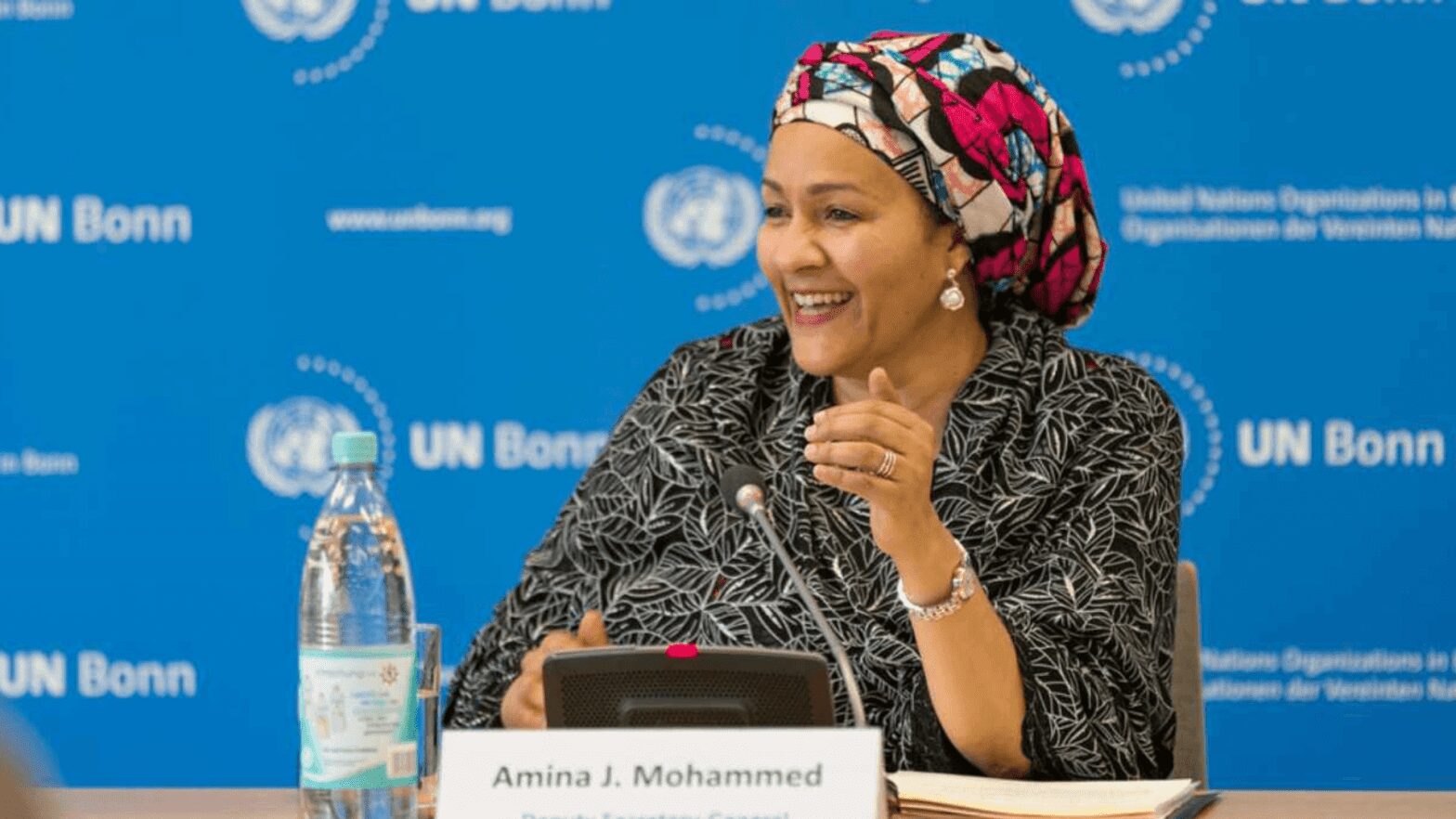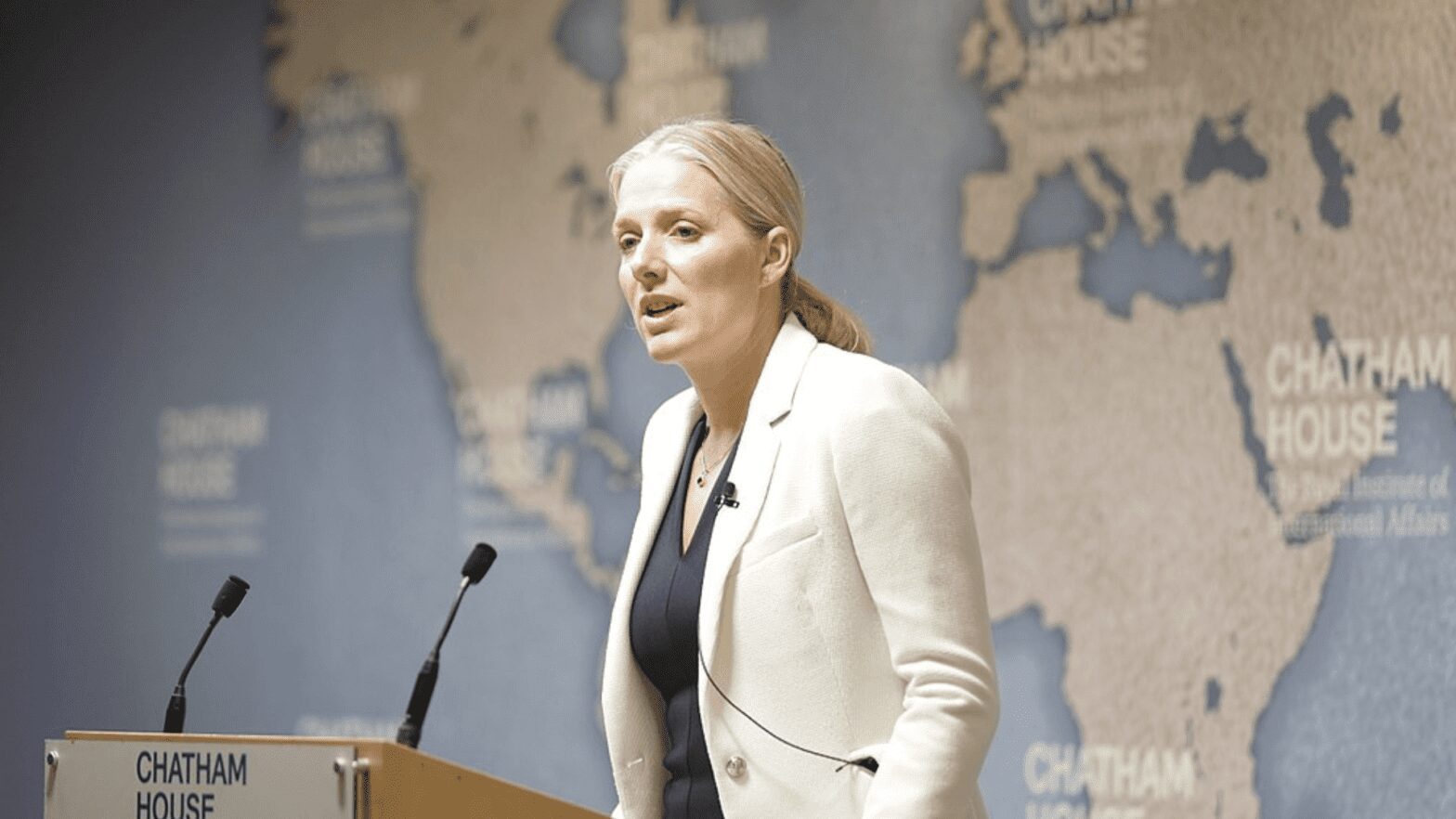More than 760 million people in the world still do not have access to electricity, mainly in rural areas of sub-Saharan Africa and South Asia, where many communities depend on polluting sources such as coal and kerosene. Limited access to electricity can affect people's everyday lives, limiting their economic opportunities and their access to basic services such as health care and education. Decentralized renewable energy can help improve access to electricity in these communities and drive economic and social development by offering small-scale solutions that provide clean, reliable energy.
Sub-Saharan Africa has seen significant growth in installed off-grid solar power capacity in recent years, with installed off-grid solar power capacity growing by 18% in 2020 to reach 3.7GW, led by South Africa Programs such as the Solar-Based Rural Electrification Program, launched by the Rwandan government in 2017, are already providing electricity to rural schools, health centers and small businesses through solar mini-grids, while the “Energizing Education” program in Nigeria aims to provide solar electricity to federal universities and teaching hospitals across the country. Additionally, decentralized renewable energy solutions are being used to provide clean energy to small businesses such as bakeries and agricultural cooperatives, driving economic development in these communities.
An important advantage of decentralized renewable energy solutions is the reduction of energy costs for communities, making it more affordable and sustainable in the long term. These solutions also help reduce greenhouse gas emissions and combat climate change, and are especially important for the most vulnerable communities that are most affected by climate impacts.
Investing in decentralized renewable energy is important for the sustainable development of sub-Saharan Africa. With the growing installed capacity of off-grid solar energy, more rural and remote communities have access to clean and sustainable electricity, improving quality of life and driving economic development. Decentralized renewable energy solutions have the potential to transform the lives of vulnerable communities by improving access to clean, reliable energy, driving economic and social development, and protecting the environment. However, more investment and commitment from governments, businesses and communities is needed to ensure these solutions are widely adopted and implemented around the world.
Renewable Energy: Aspects of Use and Application
According to a report by the International Renewable Energy Agency, decentralized renewable energy is being widely used around the world to provide clean, reliable power to vulnerable communities off the conventional power grid.
In India, more than 5 million homes were equipped with solar home systems in 2020, providing clean and affordable energy to around 25 million people and the government adopted the National Solar Mission, which installed 40 GW of solar installation capacity solar roofs connected to the grid by the end of 2022. In addition, the country has added more than 140 million energy-efficient LED lamps in homes and utilities.
In Indonesia and the Philippines, programs have been launched to access renewable energy for remote rural communities through solar mini-grids. In Indonesia, the “Energy Inclusion” program aims to provide renewable energy to more than 2,500 remote villages by 2024. million people who do not have access to the electricity grid.
Decentralized renewable energy has also been used in solar mini-grids to provide electricity to remote communities, often in mountainous or isolated areas. In many Asian countries, micro hydropower and biomass technologies are being used to provide clean and reliable energy for small businesses and rural communities. These examples show that decentralized renewable energy solutions are becoming increasingly viable and can provide access to energy for millions of people around the world.
The International Renewable Energy Agency (IRENA) Tracking SDG 7: The Energy Progress Report (2022) highlights that the world added 265 gigawatts (GW) of renewable capacity in 2021, which is equivalent to about 80% of new installed capacity globally. While this represents a significant step forward, further acceleration of the energy transition is needed to meet the targets set by the United Nations for 2030. Based on the report, the most widely used types of decentralized renewable energy include:
- Decentralized solar energy: Solar-based solutions such as solar lighting systems, solar water heating and solar water pumping systems.
- Mini solar grids: stand-alone solar power generation systems that can provide electricity to remote and rural communities off the conventional power grid.
- Micro hydroelectric: power generation systems that use the flow of water to generate electricity. They are especially suitable for areas where there are constant water currents, such as rivers or streams.
- Biomass technologies: systems that use organic waste, such as wood waste and agricultural waste, to generate thermal and electrical energy.
IRENA's analysis highlights the importance of providing access to energy for vulnerable populations, especially those living off the conventional electricity grid. It is estimated that more than 760 million people still do not have access to electricity, mainly in rural and remote areas. Decentralized renewable energy solutions, such as solar mini-grids, have the potential to provide access to energy for millions of people around the world. Renewable energy capacity on mini solar grids grew by around 38% in 2021 compared to 2020, reaching a total of 3.1 GW. Additionally, these technologies create employment and income opportunities for local communities, improving livelihoods and quality of life.
The UN Energy Progress Report shows that the world is moving towards a more sustainable future with an increased use of renewable energy. However, it is important to remember that many people are still without access to electricity. Decentralized renewable energy solutions have a crucial role to play in ensuring access to energy for vulnerable populations. By investing in these solutions, we can create a fairer and more equitable world, where everyone has access to a reliable and sustainable source of energy.
















